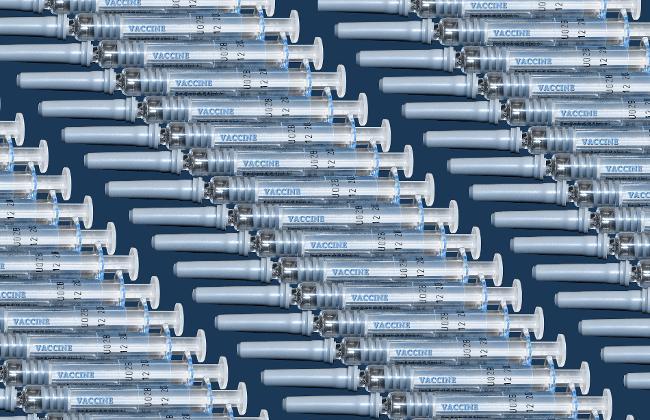Supply of Influenza Vaccines in Germany 2020/21
The Paul-Ehrlich-Institut, which is responsible for the batch release of influenza vaccines in Germany, is expecting a minimum of 26 million doses of vaccine for the 2020/21 season. In order to enable as many people as possible to be vaccinated against influenza this year, the Federal Ministry of Health (BMG) has procured six million extra doses in addition to the 20 million vaccine doses announced by the manufacturers after the needs assessment. This means that in 2020/21 there will be more seasonal doses of vaccine available than in any of the last twelve years, when usually less than 20 million doses per season were available. Experience in recent years has also shown that the available vaccine doses were not completely used up in the respective season, but that unused vaccine doses amounting to several million were destroyed.

At the beginning of 2020, the need for influenza vaccines was determined for the first time in accordance with Section 132 e paragraph 2 of the German Social Security Code V (Sozialgesetzbuch V, SGB-V). In accordance with the specifications laid down therein, the Paul-Ehrlich-Institut added to the vaccine doses required by the Federal Association of Statutory Health Insurance Physicians (Kassenärztliche Bundesvereinigung, KBV) at the beginning of 2020 as stipulated in the SGB-V. The number of vaccine doses planned by the manufacturers for Germany was adjusted accordingly, resulting in the provision of the above-mentioned 20 million influenza vaccine doses in the 2020/21 season. The determination of requirements at the beginning of the year should also help to improve the planning for the manufacturers producing worldwide as well as the supply being in line with demand in the future. The production of influenza vaccines is complex and requires a high workload. It is not possible to respond spontaneously to an increased demand by quickly re-producing vaccine doses or to provide additional vaccine doses, especially when there is a high demand worldwide. Due to the extensive preparations and the complexity of influenza vaccine production, manufacturers need to know very early in the year what demand they can expect.
Currently, there is increasing evidence that significantly more people chose to be vaccinated than in previous years. This would be an important and welcome development and a major step forward for vaccination prevention in Germany. In combination with the infection control measures introduced to contain the coronavirus pandemic, this would offer the opportunity to greatly reduce the annual influenza wave. Of course, this could also lead to bottlenecks - despite the significantly higher number of vaccine doses provided compared to the number of vaccine doses vaccinated in recent years. Priority should therefore be given to vaccinating members of risk groups, as recommended by the Standing Commission on Vaccination (Ständige Impfkommission, STIKO).
Influenza vaccines are available from numerous manufacturers in Germany. The Paul-Ehrlich-Institut provides information about these at www.pei.de/influenza-impfstoffe. Consumers, but also pharmacists and doctors can report under the link entitled "Consumer notification of unlisted vaccine delivery bottlenecks" if they cannot get a flu vaccine. If the reports indicate an imminent bottleneck, the Paul-Ehrlich-Institut will investigate the causes and advocate suitable measures to remedy the situation.



